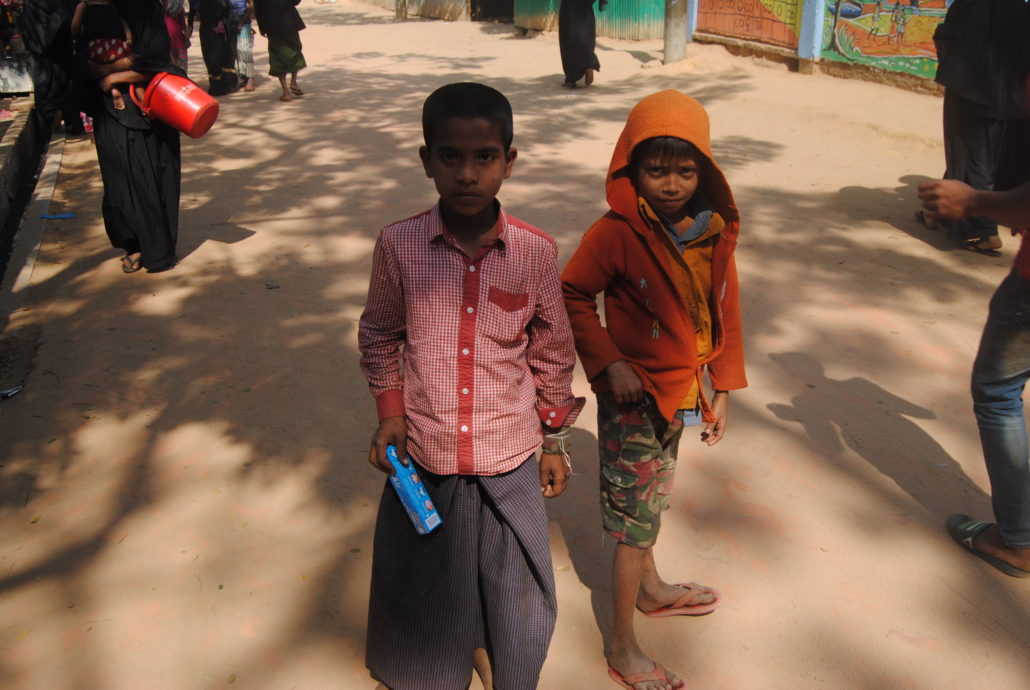KUALA LUMPUR (Thomson Reuters Foundation) – Stateless Rohingya who fled Myanmar are set to receive digital identity cards using blockchain technology in a pilot project seeking to help them access services like banking and education. The first 1,000 people to benefit from the project in 2018 will be members of the diaspora in Malaysia, Bangladesh and Saudi Arabia, decades-old safe havens for the Rohingya, who are the world’s biggest stateless minority.
“They are disenfranchised,” Kyri Andreou, co-founder of The Rohingya Project, which is organizing the initiative, said at its launch in Kuala Lumpur on Wednesday.
“They are shut out. One of the key aspects is because of the lack of identification.”
More than 650,000 Rohingya Muslims – who are denied citizenship in Buddhist-majority Myanmar – have fled to Bangladesh since August after attacks by insurgents triggered a response by Myanmar’s army and Buddhist vigilantes. The Rohingya Project estimates there are 4 million Rohingya around the world, the majority living outside their ancestral land since Myanmar excluded them from the country’s recognized ethnic groups in 1982, effectively rendering them stateless. Blockchain, the technology behind the bitcoin currency, will be used to issue individual digital IDs to people once they have taken a test to verify that they are genuine Rohingya. It aims to improve the stateless Rohinygas’ access to public services, such as hospitals, which is often difficult, as well as restoring their dignity, the project’s founders said.
“We are trying to put a smile on the Rohingya’s face who has been crying for decades,” said another co-founder Muhammad Noor, a Rohingya who first came to Malaysia in 2000.
“This is a ray of hope.”

